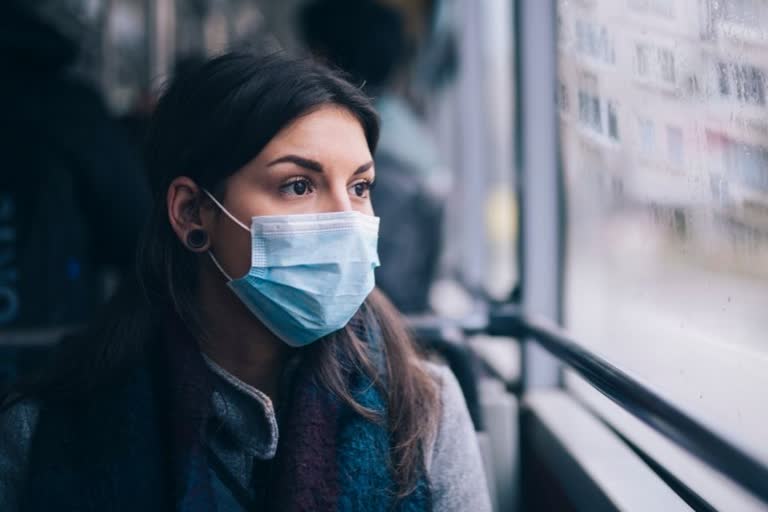Although males are associated with increased COVID-19 symptom severity and mortality, recent reports suggest women may be more susceptible to certain lung-related limitations months into recovery.
In view of the greater prevalence of age-related physical disability among women, compared to men, these findings highlight a need for targeted rehabilitation programmes to manage the consequences of persistent heart and lung problems in women with lingering COVID-19 related symptoms, according to the research published in the journal Experimental Physiology.
Physiologists from Indiana University Bloomington, US, reported significant differences in the heart rate responses to and recovery from a six-minute walk test in women several months following mild-to-moderate SARS-CoV-2 infection, compared to non-infected controls.
The control and experimental groups were matched on age and body mass index (BMI), providing greater certainty that the present findings were attributed to long COVID syndrome rather than underlying differences related to ageing or obesity.
Specifically, heart rate was found reduced during physical exertion, and recovery (that is, the slowing of heart rate back to the baseline) was delayed after the exertion among SARS-CoV-2 participants despite a similar distance travelled and ratings-of-perceived exertion to controls.
Also Read: Post-COVID Lung Care and Rehabilitation
Women reporting shortness of breath, or joint/muscle aches, and at the time of testing achieved a lower proportion of predicted six-minute walk test distance compared to controls as well as SARS-CoV-2 participants not actively experiencing such symptoms.
Furthermore, more abnormal heart rate responses were associated with a greater number of days experiencing shortness of breath at illness onset and poorer ability for gas exchange in the lungs.
"Given the greater prevalence of age-related physical disability in women, as compared to men, our findings show that a targeted rehab programme might be especially useful to women and other groups affected by persistent COVID-19 symptoms, thus promoting recovery and minimising susceptibility for deteriorating physical condition," said Dr Stephen J. Carter from the university.
Prior to this study, hospital admissions data from the Mayo Clinic Proceedings indicated that women outnumber men (3:1) in seeking treatment for persistent symptoms following a positive COVID-19 diagnosis. However, the influence of these persistent abnormalities on physical functioning for persons recovering from mild-to-moderate COVID-19 has not yet been studied, the team said.
(IANS)
Also Read: Post-COVID Fatigue Is Most Prevalent In Diabetes Patients: Study



